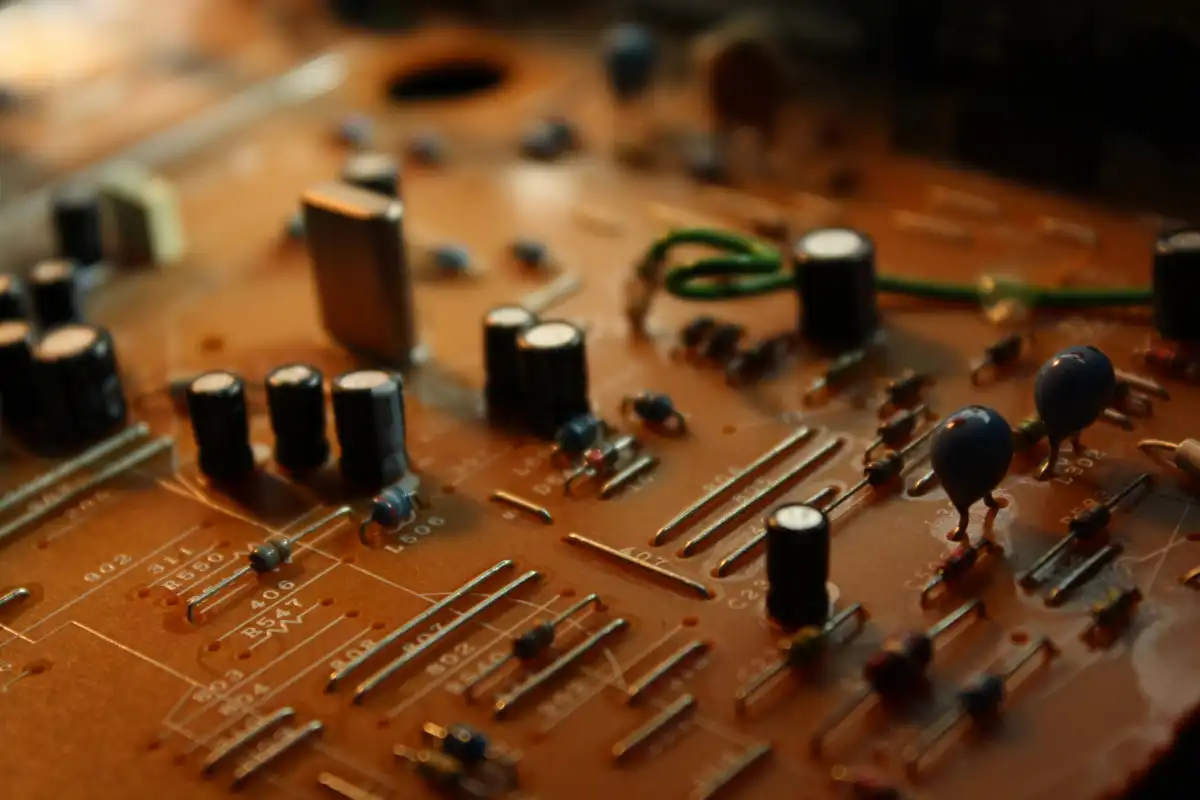OpenAI, a well-known artificial intelligence (AI) consortium, is presently enmeshed in a legal battle with the New York Times, a renowned media capacity. The contentious issue? The Times accuses OpenAI of infringing copyright the newspaper retains on its content.
OpenAI has made a strong case by stating that its AI system, GPT-3, generates all output without any human intervention. The model does not store, retrieve, or infringe on copyright materials. It relies entirely on patterns to predict and churn out sentences with a high degree of accuracy.
On the other hand, the New York Times has accused the AI company of infringing on their copyright holdings. The basis of their argument is that OpenAI’s AI system pulls from articles copyrighted by the Times to create content, thus infringing on their intellectual property rights.

The outcome of this case could have significant implications for the future of artificial intelligence, machine learning, and copyright law. This isn't the first contentious lawsuit involving intellectual property rights and digital technology, and it almost certainly won't be the last.
Looking back, one will find historical precedents concerning copyright lawsuits and digital technology such as music-sharing service Napster and Sony BMG, and Google Books. Each case has played a formative role in shaping the digital landscape and copyright law.
The lawsuit against Napster represented a watershed moment for online media sharing services. Music companies sued Napster for allowing users to share and download copyrighted music without permission. The ruling that ordered Napster to remove all copyrighted material effectively shut down the music-share service.
Similarly, Google Books found itself the target of a lawsuit. The Authors Guild claimed that the service infringed on copyright by scanning books and providing snippets for online viewing without consent from the authors or publishers. Though Google's intentions were noble, the Guild's presence amplified the voices of authors left out in the cold by the project.
The case against Sony BMG highlighted the potential pitfalls of digital rights management (DRM). A class-action suit was brought forth due to Sony's implementation of DRM software that violated users' privacy. The outcome of these cases continues to influence the understanding and interpretation of copyright law in the digital age.
The lawsuit between OpenAI and the New York Times differs from these historical precedences in that it deals with a new breed of technology, artificial intelligence. This breeds a unique situation as AI isn't just copying or sharing information, it's using it to generate something new entirely.
The system’s operations are so complex and inaccessible that there's a fundamental challenge in proving whether or not GPT-3 has infringed any copyright laws. Lawyers working for both OpenAI and the Times face the daunting task of deciphering processes happening beneath the system’s surface.
OpenAI's standpoint is understandable as their model learns from vast amounts of data, including the internet's vast range of written texts although, it does not store these texts. It generates its own sentences based on patterns recognized in its training data and claims no infringement as such.
The New York Times's claim isn't baseless either as it's true that GPT-3 might have been trained on some of its copyrighted articles. However, it's challenging to prove as GPT-3 generates outputs based on patterns learned and does not copy-and-paste content.
Considering the far-reaching implications of this case on the future of AI and copyright law, what could be potential outcomes?
In the best-case scenario for OpenAI, the court could rule that their model does not infringe copyright laws because it doesn't store or directly copy original content. This would be a milestone victory for the AI community, effectively setting a precedent for future cases regarding AI and copyright law.
On the other side, if the New York Times wins, this could potentially lead to a situation where AI developers would have to meticulously avoid using any copyrighted material during model training. This would be a massive setback for AI development.
Alternatively, a middle ground could be reached. For example, AI models may be allowed to use copyrighted material as long as the final output does not replicate verbatim the original content.
These outcomes, or even a mixture of them, may very well frame our understanding of the intersection between AI and copyright law for years to come. As AI evolves, so too does its implications for industries, laws, and society at large in the digital era.
As the legal proceedings of this case continue, the outcome remains in the balance and holds significant implications for artificial intelligence, machine learning, and copyright law. Whatever the result may be, it will undeniably contribute to the ongoing discourse on the fair use of data and the evolution of copyright protection in the AI era.
The case, irrespective of its outcome, underscores the necessity of a more precise legal and regulatory framework for AI tools and operations. As AI advances at a dramatic pace, so too must the understanding and interpretation of copyright law evolve.
In essence, the copyright lawsuit between OpenAI and the New York Times brings to the fore the question of how to protect intellectual property rights in the age of artificial intelligence. This unprecedented predicament holds the potential to significantly reshape copyright law, and the way it is applied and adapted in cyberspace.